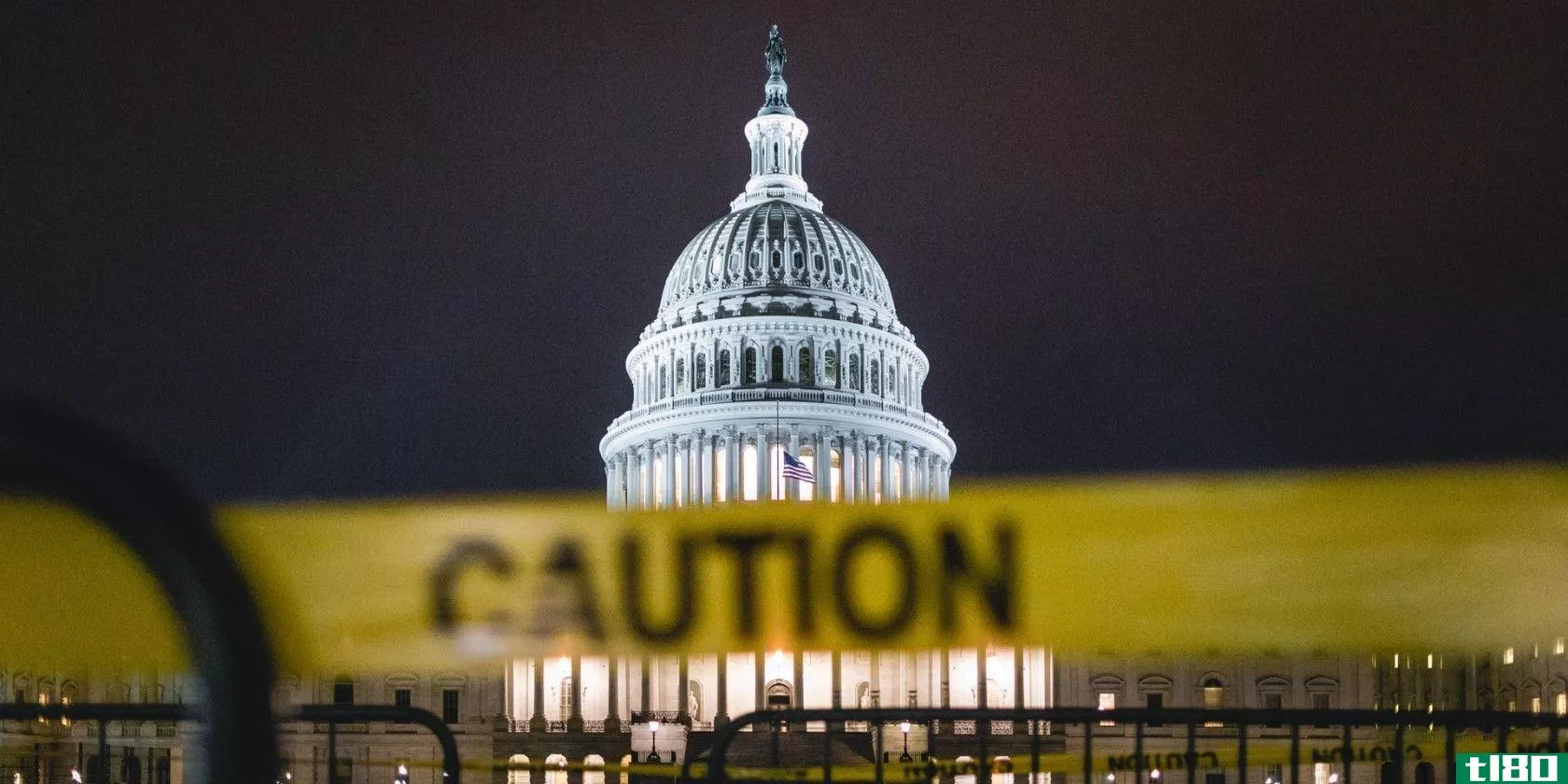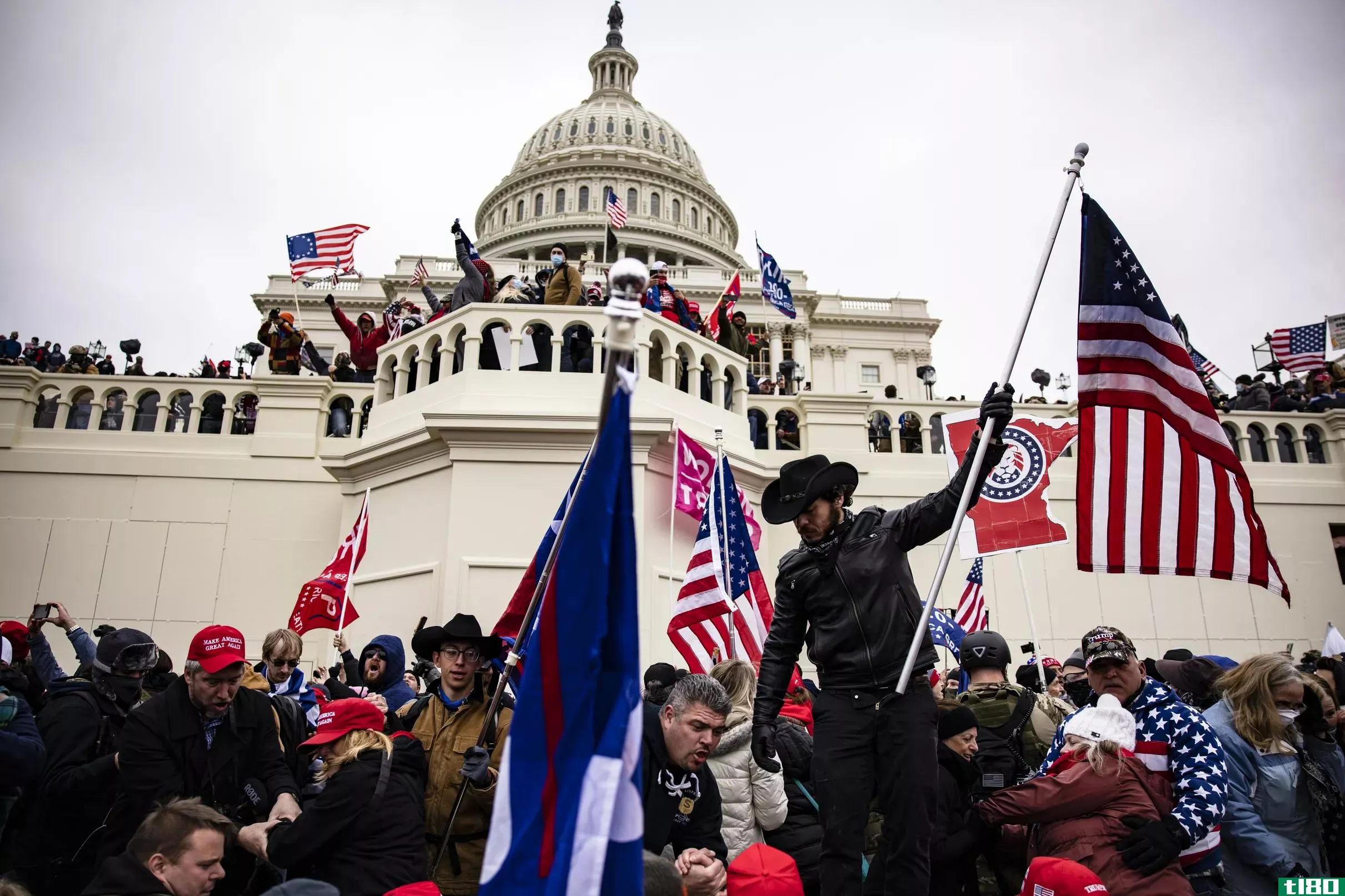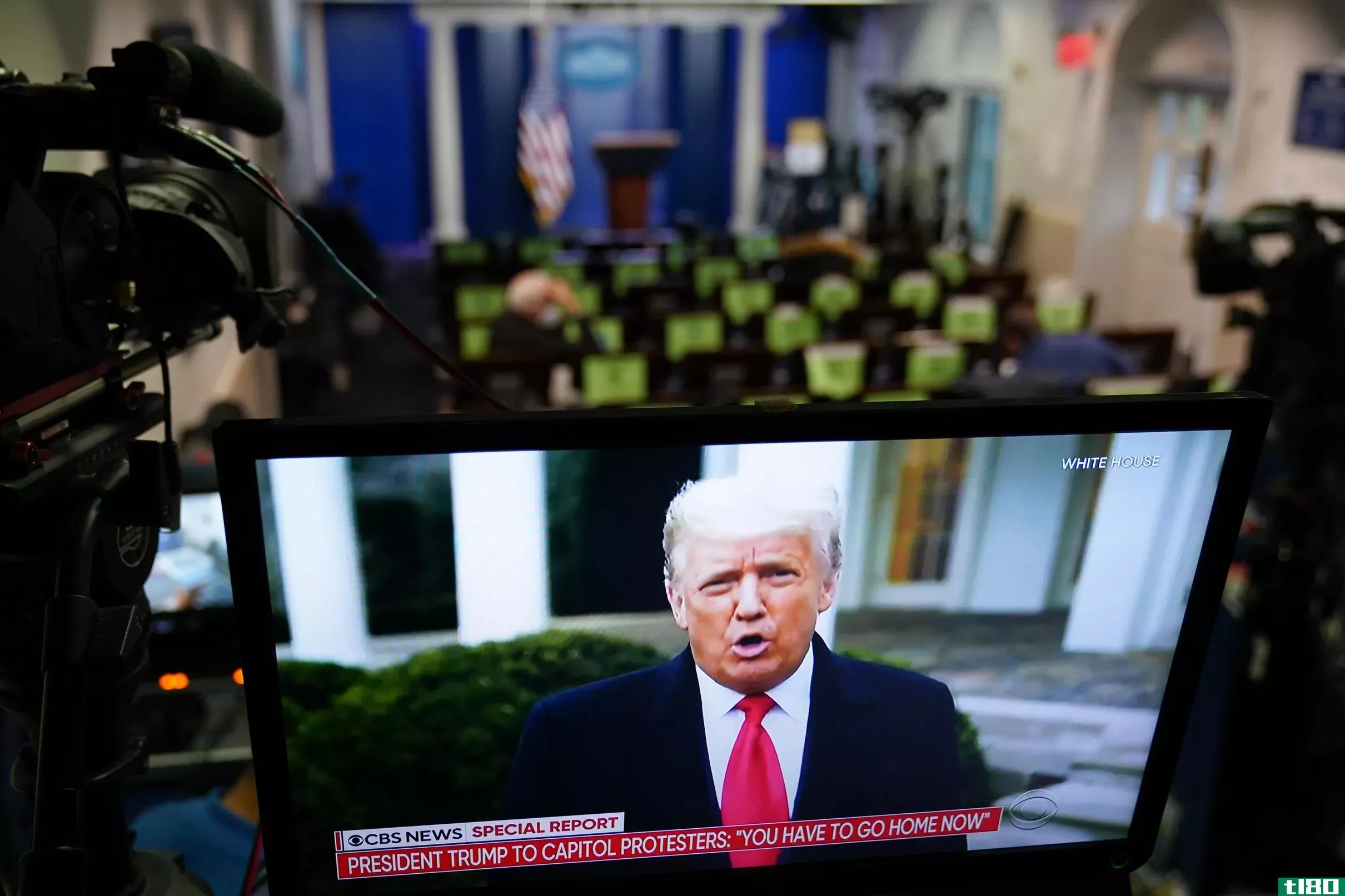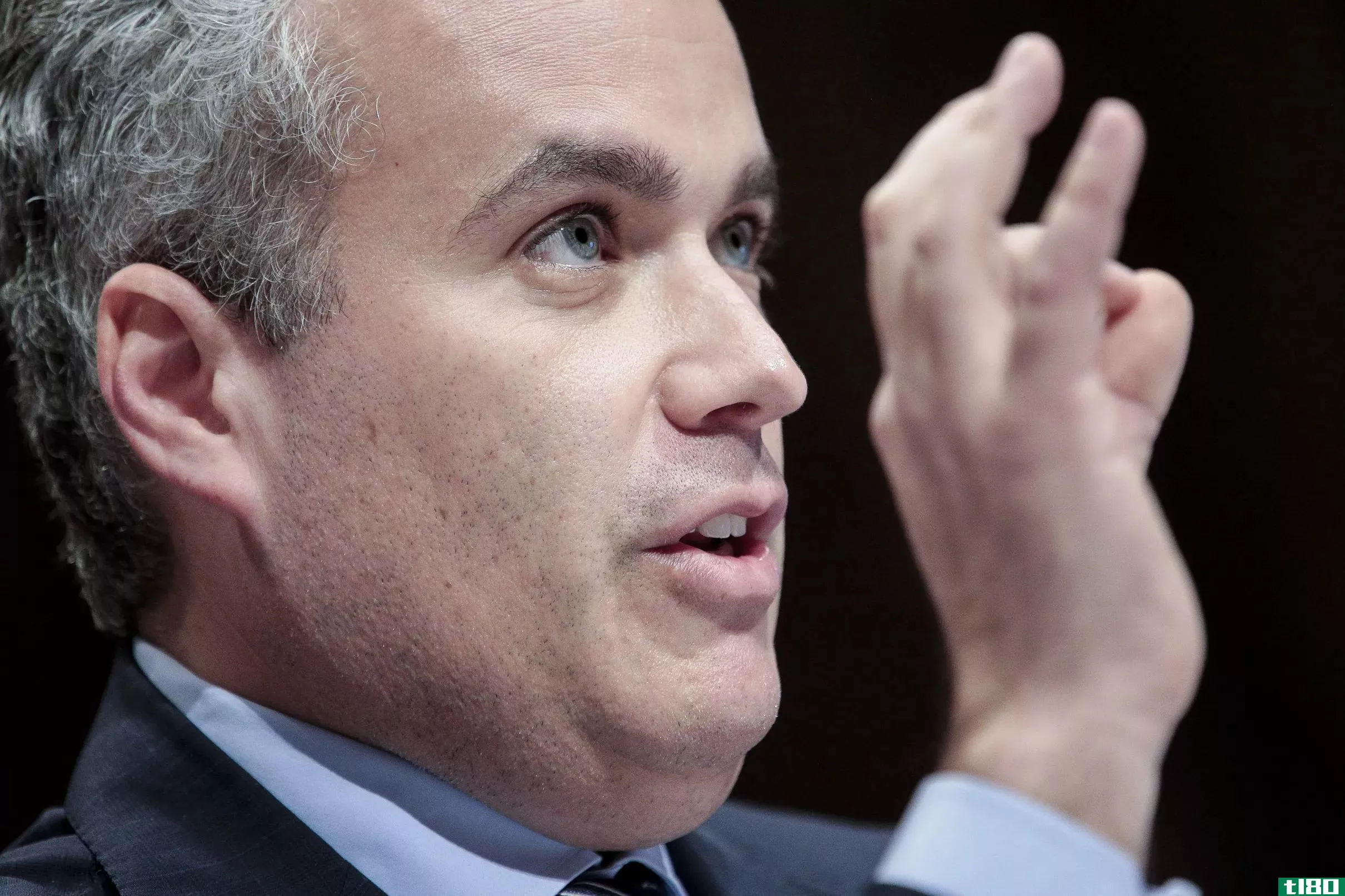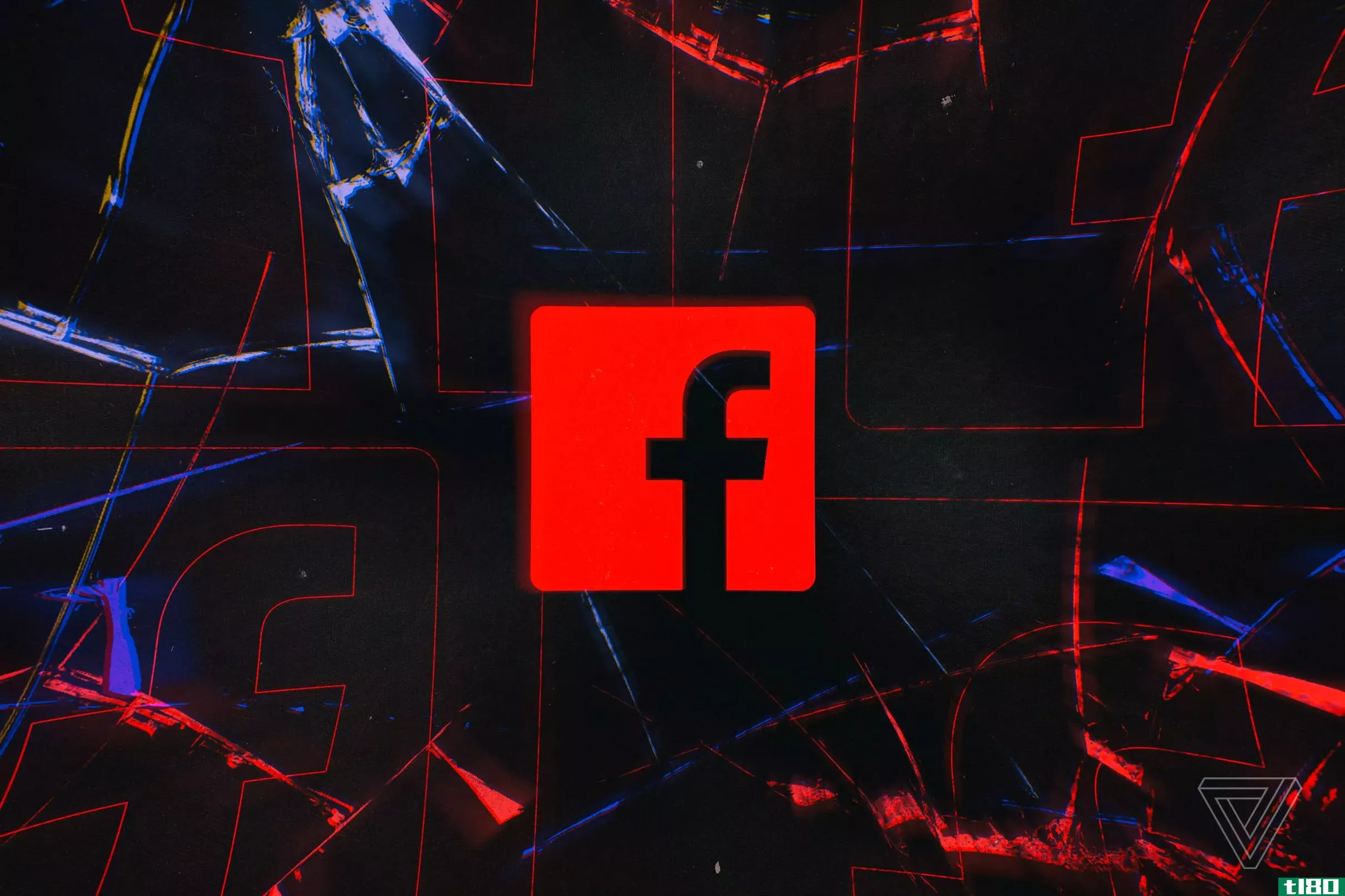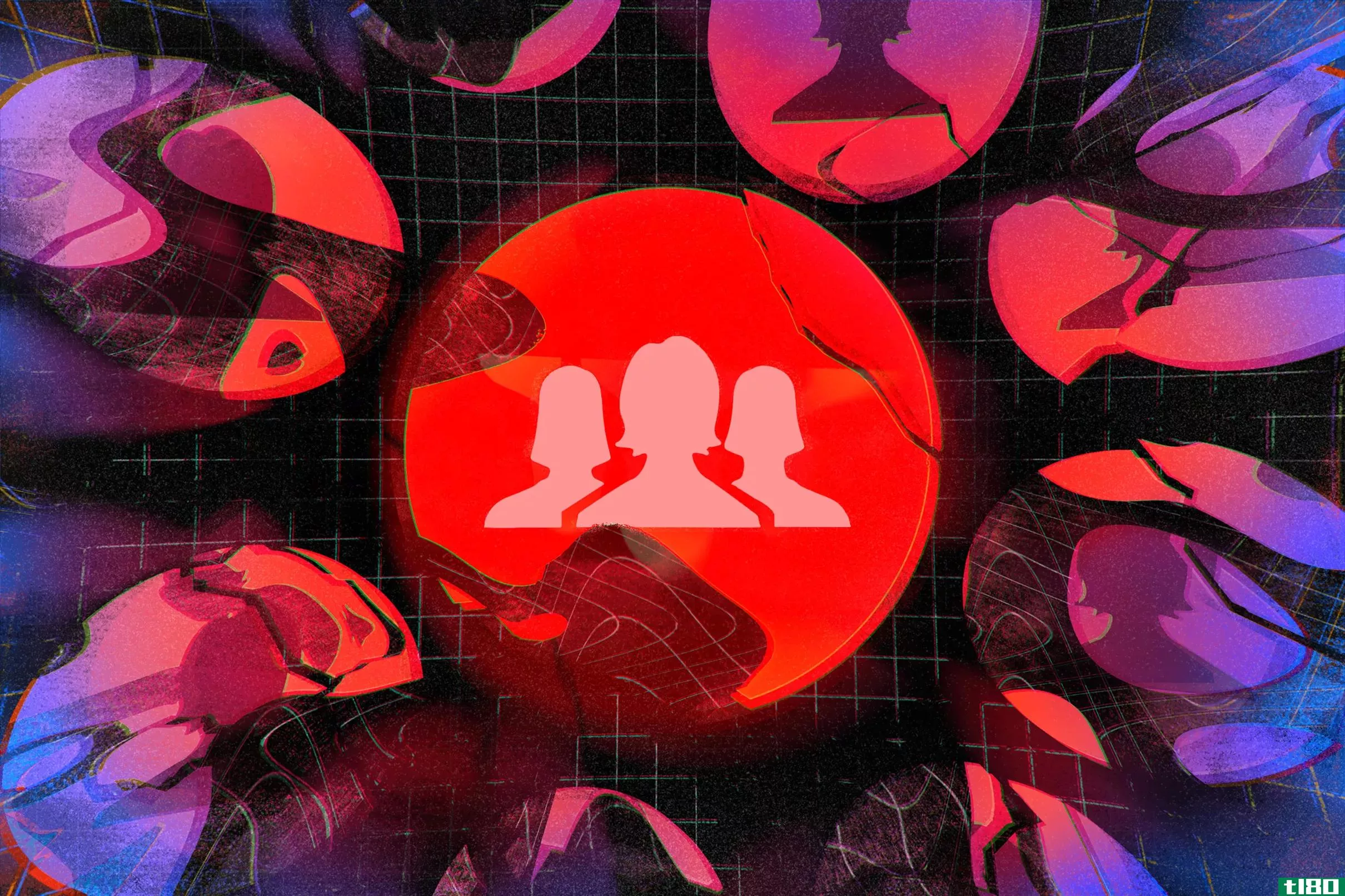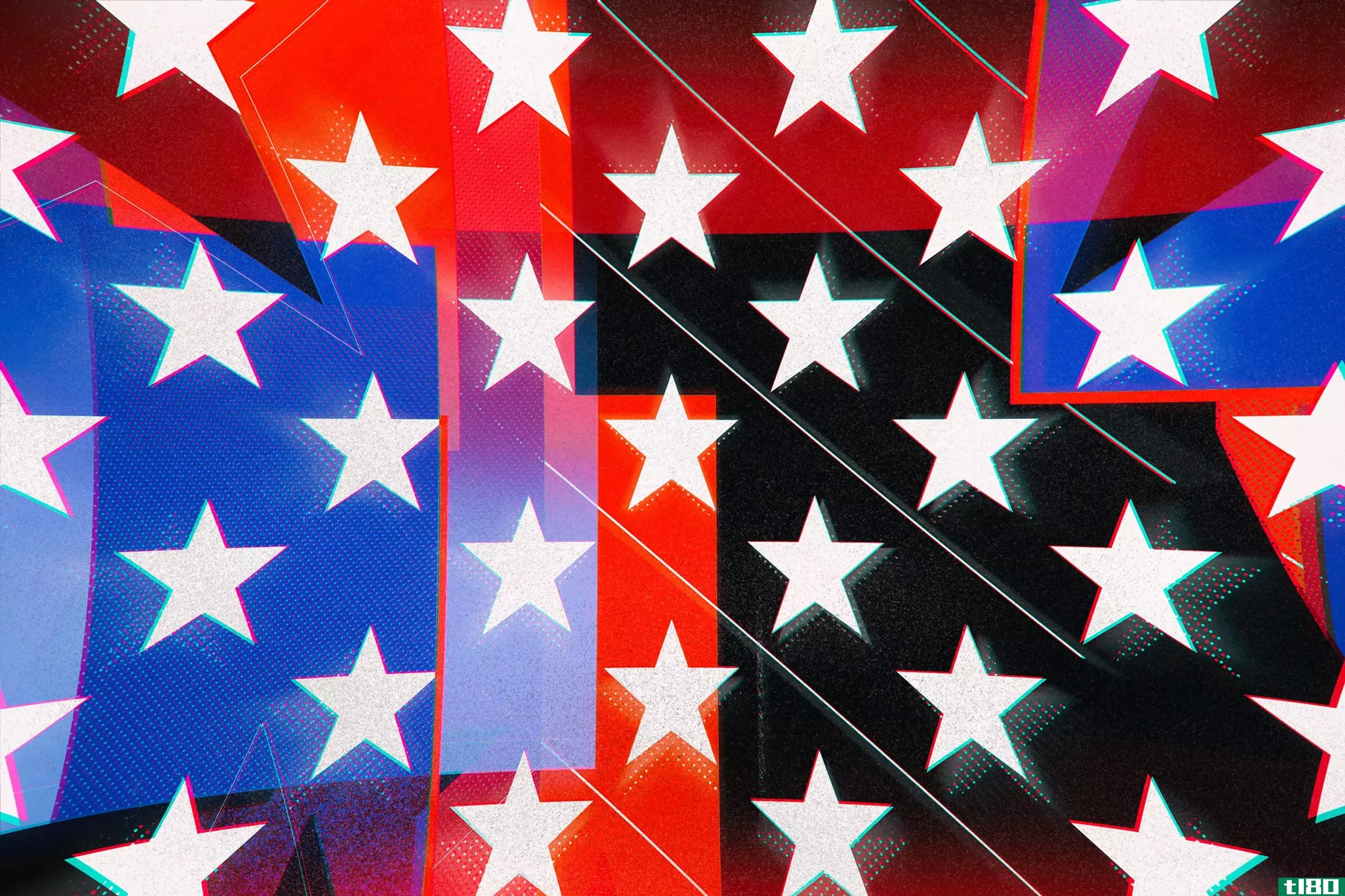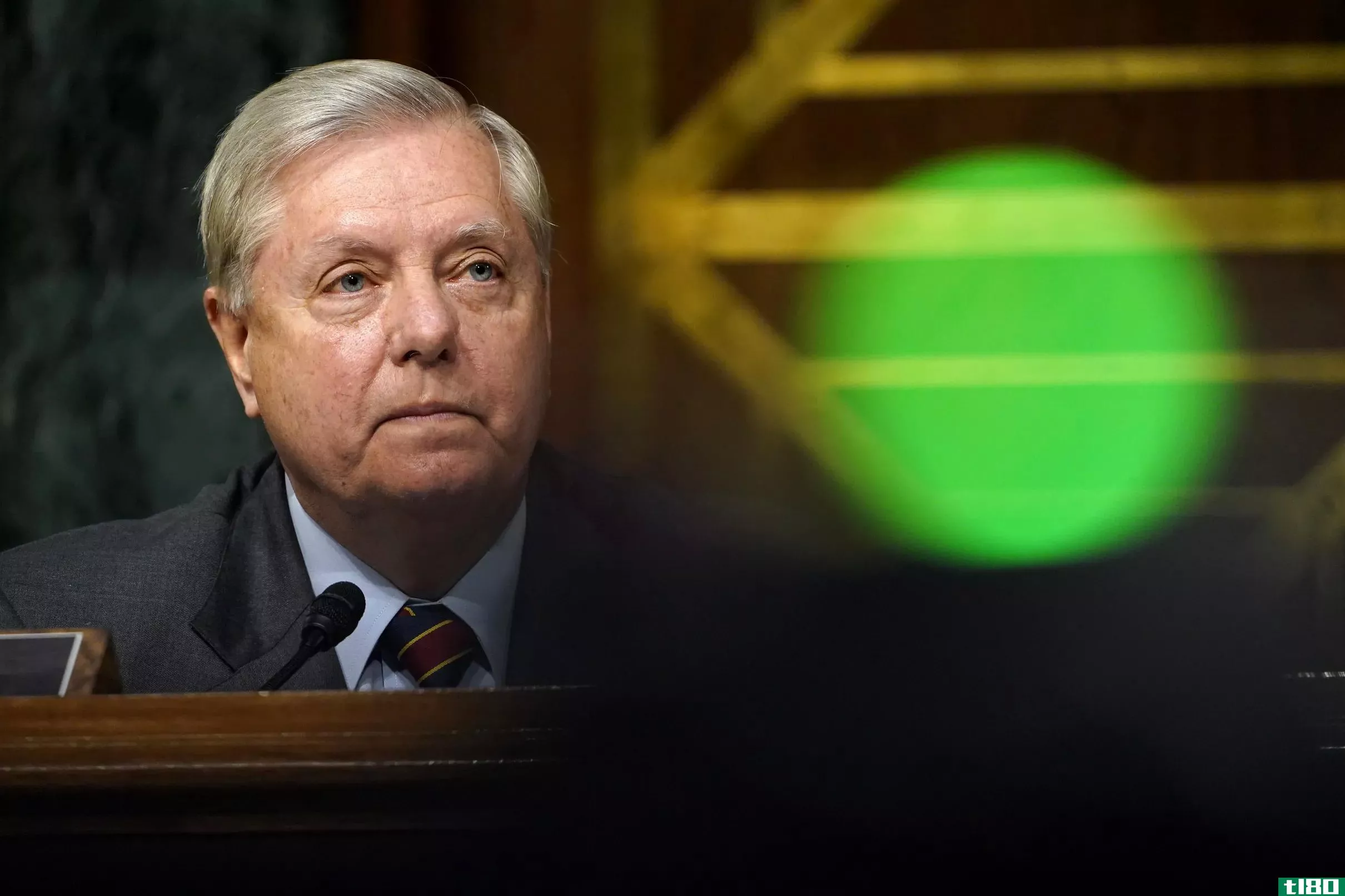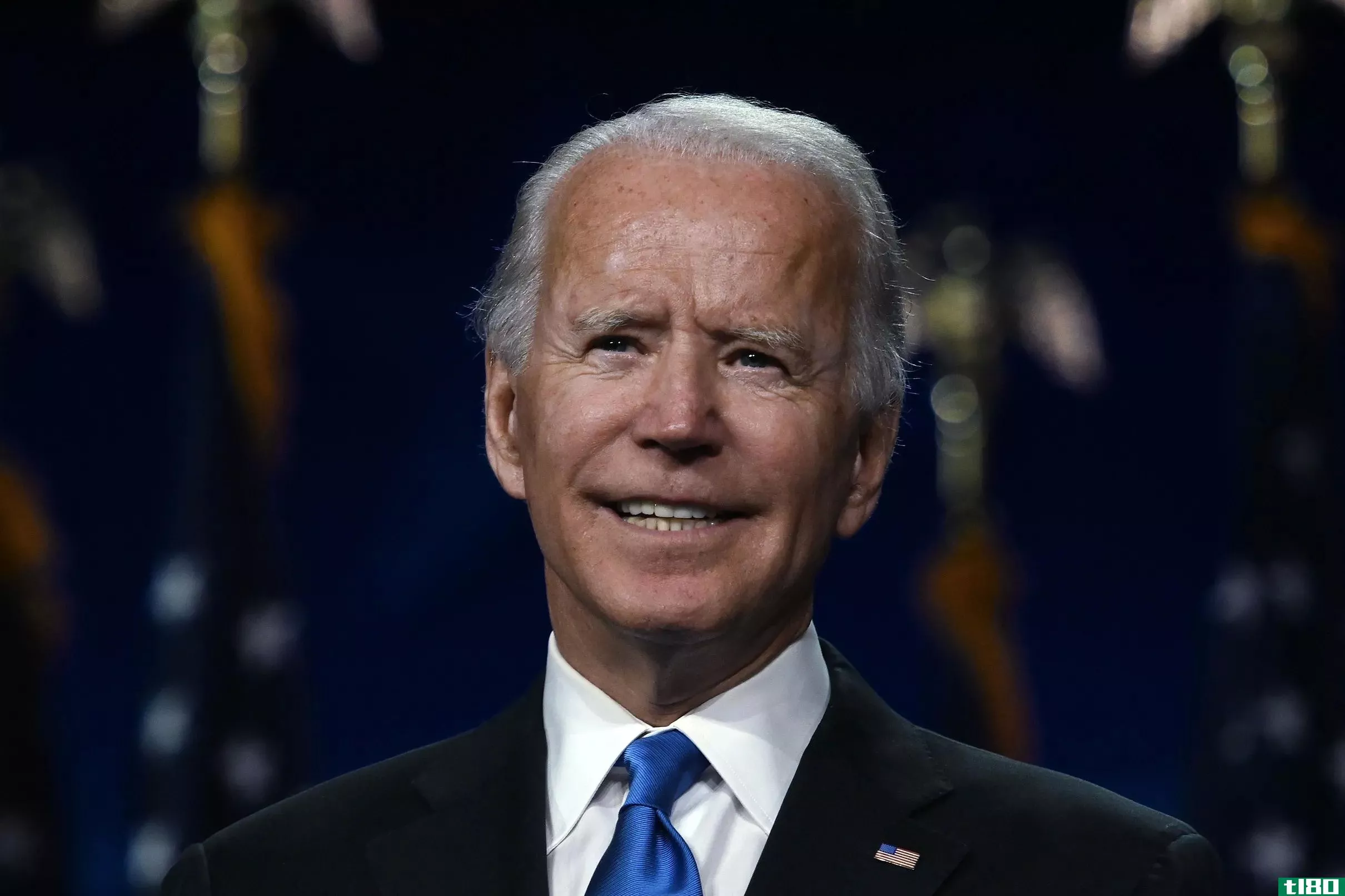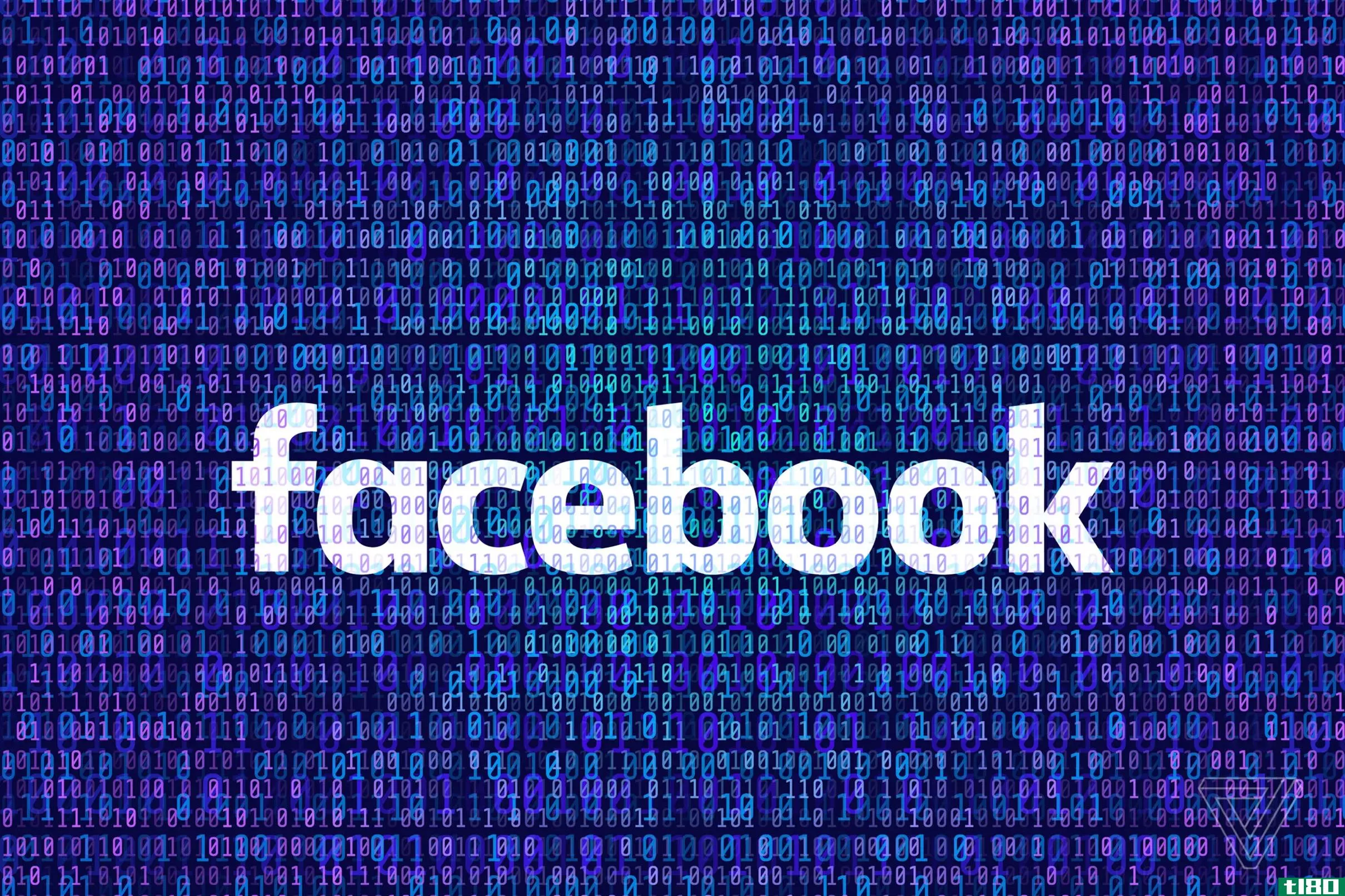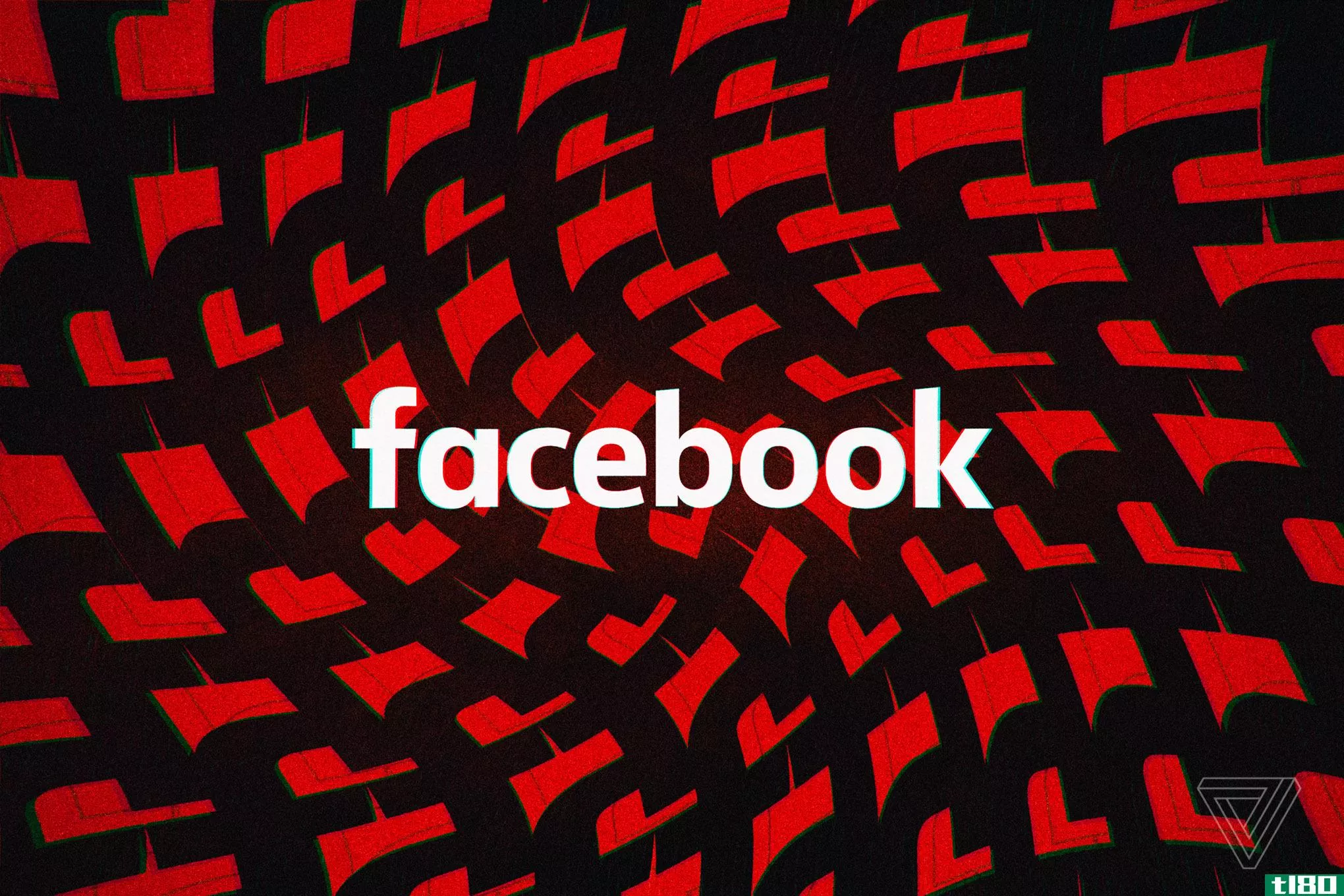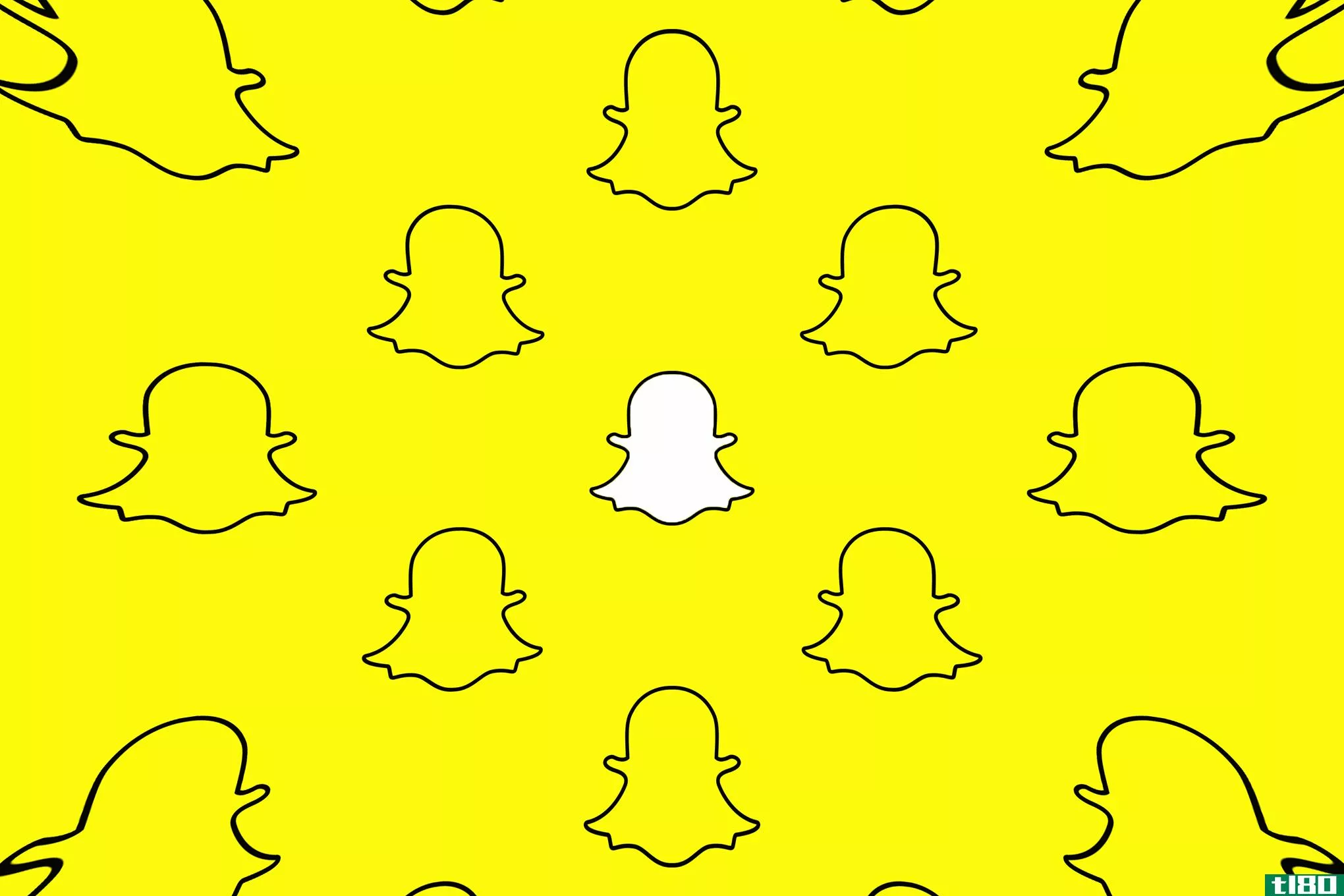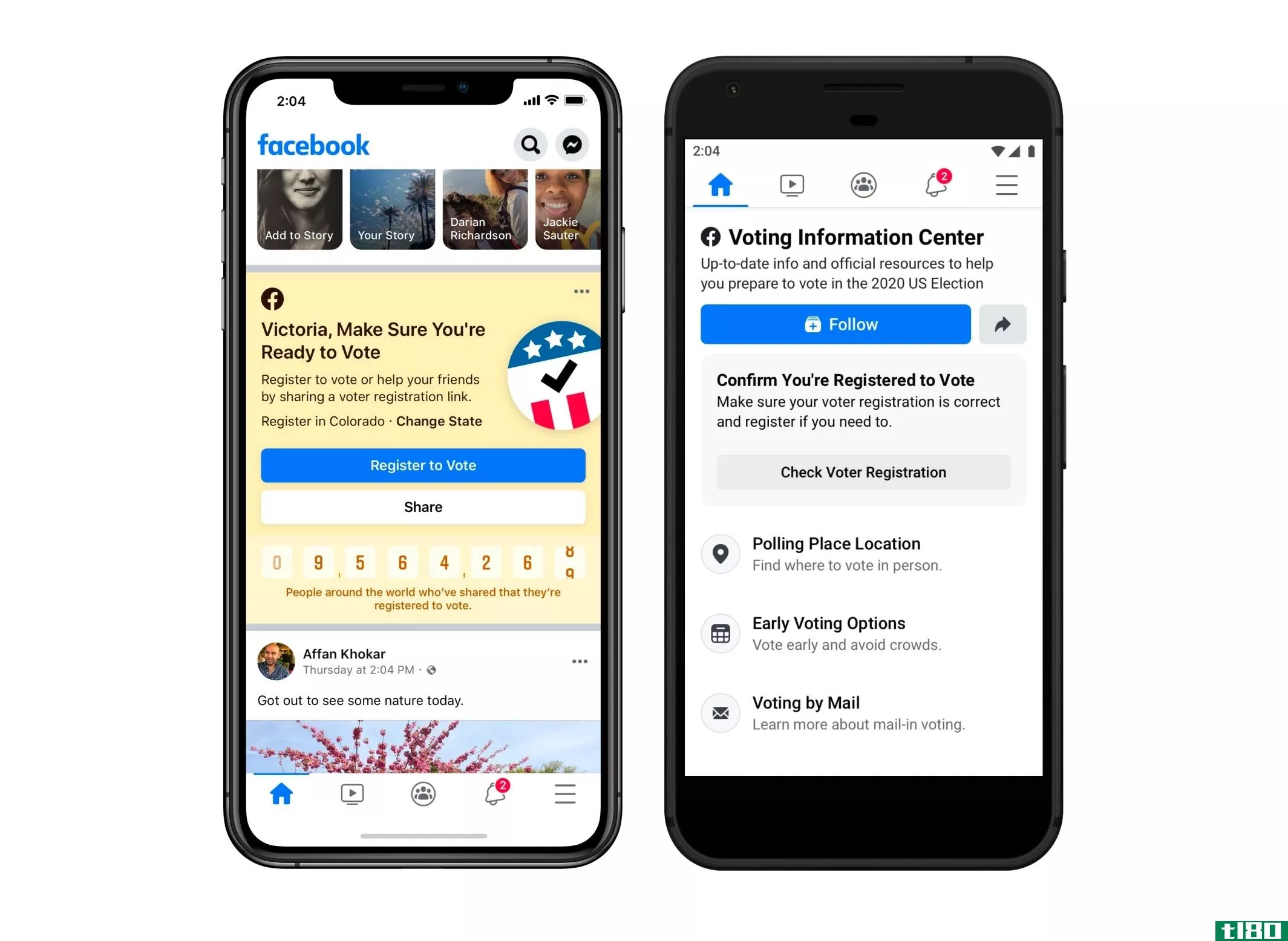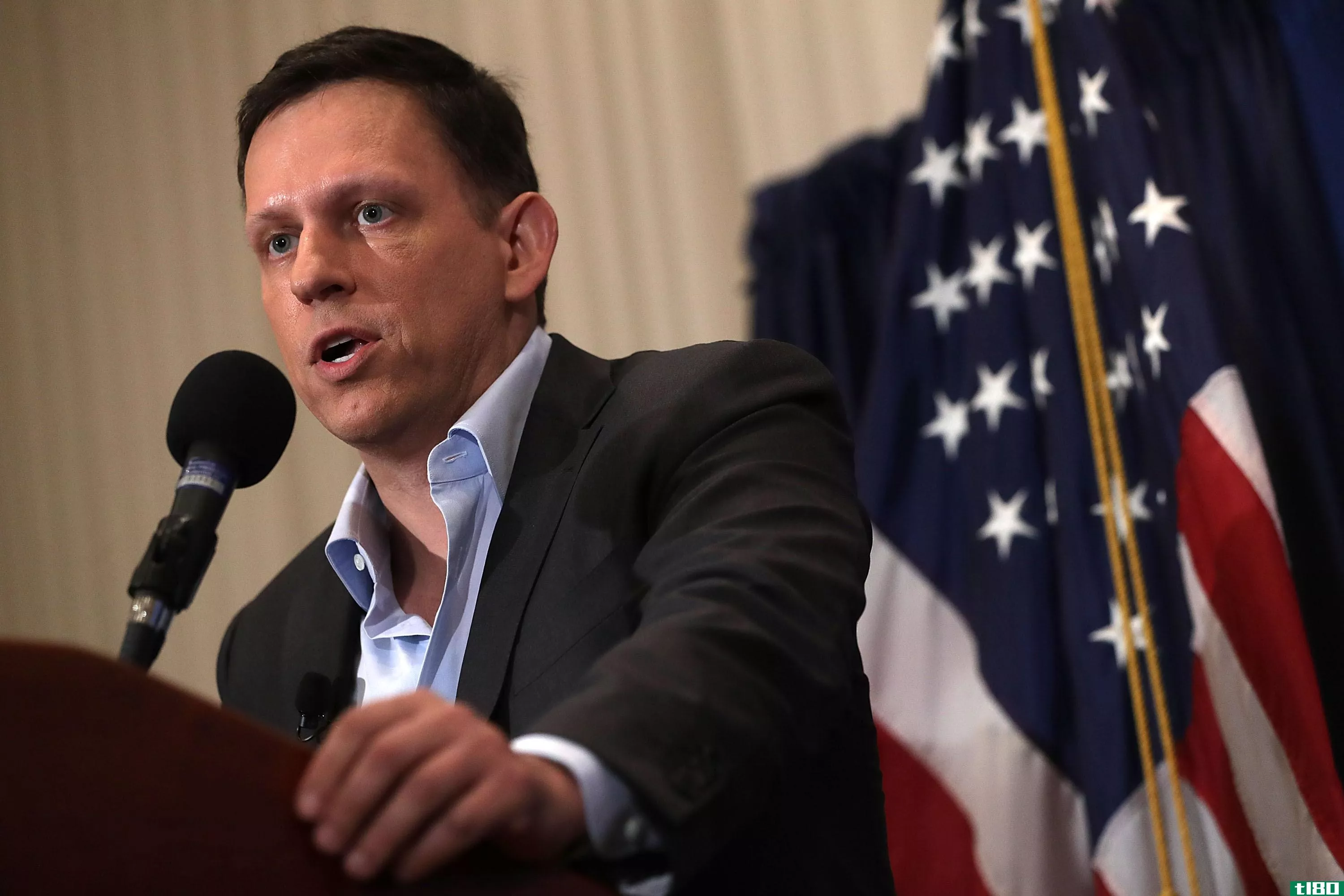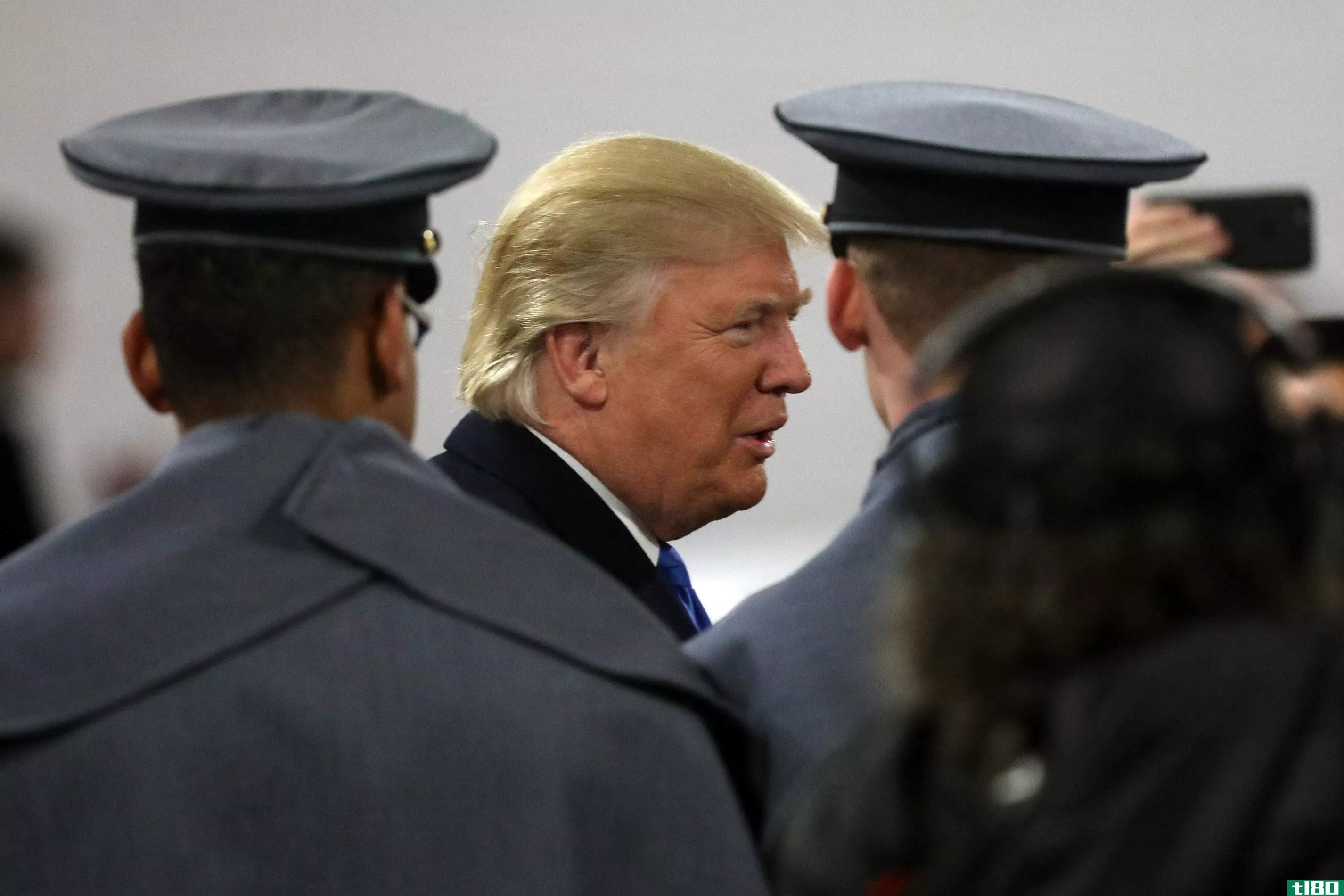facebook高管:我们让特朗普当选,我们不应该在2020年阻止他
在《****》获得并公开发布的一份备忘录中,Facebook的一位高管表示,该公司’s平台负责2016年选举唐纳德·特朗普(Donald Trump)总裁,但他警告员工不要使用公司’美国阻止特朗普的权力’他将在2020年连任。
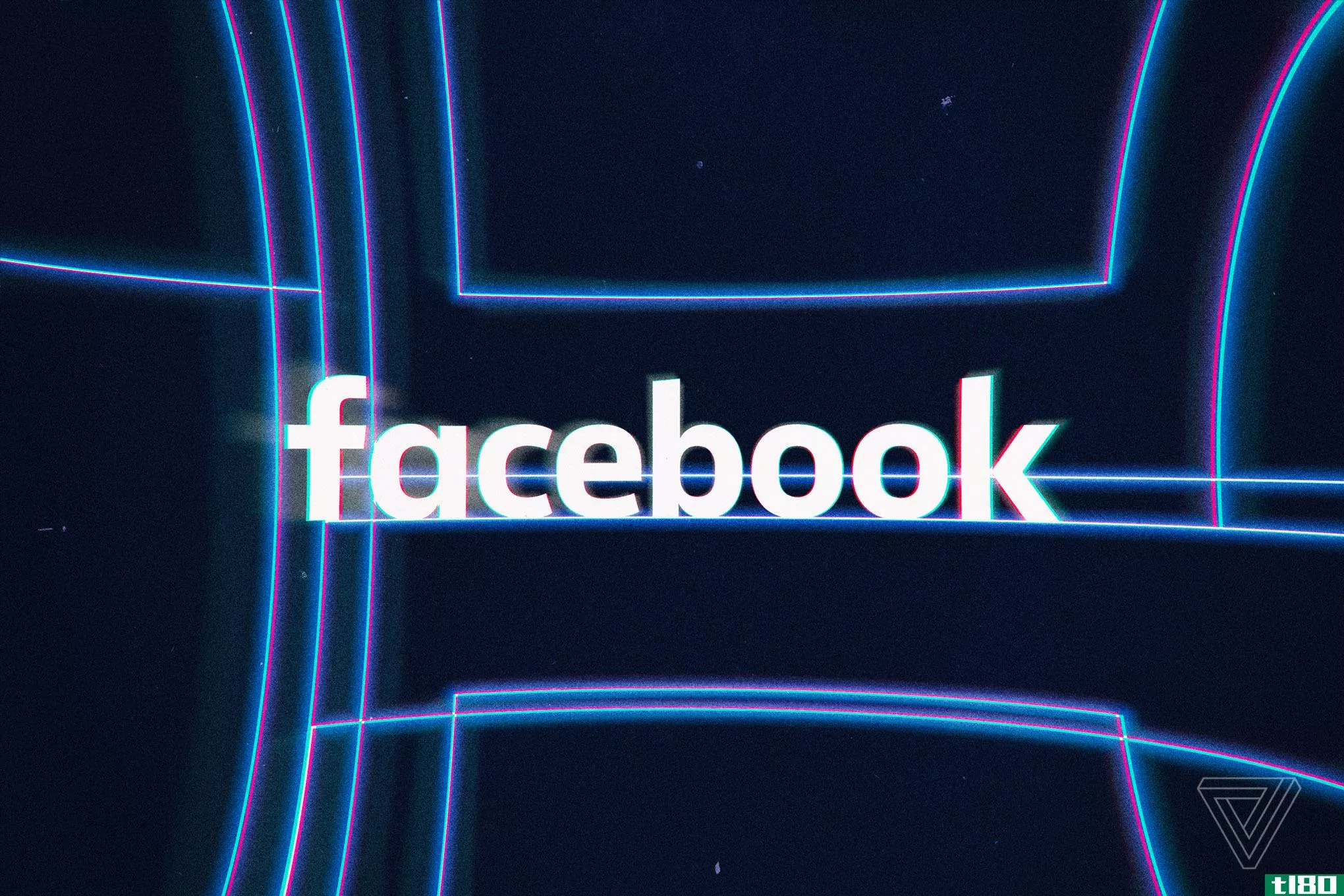
在这份备忘录中,安德鲁·博斯沃思(Andrew Bosworth)是公司最重要的声音之一,他与员工分享了一些“对2020年的想法”。博斯沃思的备忘录贯穿了社交网络多年来备受关注的丑闻,从俄罗斯选举干扰到剑桥分析。虽然他声称公开报道的一些“细节”是错误的,但他质疑,例如,俄罗斯的干涉在多大程度上影响了选民的意见,并称剑桥分析报丑闻为“非事件”——他承认,他认为公平的报道背后“几乎总是有一些关键问题”。
备忘录指出2016年总统大选是公众对Facebook看法的转折点,并承认Facebook是特朗普令人震惊的不安的原因。博斯沃思说,他“不喜欢特朗普”,但他把胜利归功于特朗普阵营的数字战略。
“那么,Facebook对唐纳德·特朗普当选负责吗?” 博斯沃思写道。“我认为答案是肯定的,但不是因为任何人认为的原因。他没有’我不能因为俄罗斯或错误信息或剑桥分析而当选。他当选是因为他主持了我见过的最好的一次数字广告活动’我从任何一个广告商那里见过。句号。”
博斯沃思接着说,公司不应该利用其巨大的影响力来阻止特朗普在2020年的连任,他将这一想法与指环王相比较,指环王中的人物简单地考虑试图利用权力之环达到正义的目的。他写道:“尽管使用我们现有的工具来改变结果很有诱惑力,但我相信我们决不能这样做,否则我们将成为我们所恐惧的人。”
备忘录全文如下。
Thoughts for 2020
The election of Donald Trump immediately put a spotlight on Facebook. While the intensity and focus of that spotlight may be unfair I believe it isn’t unjust. Scrutiny is warranted given our position in society as the most prominent of a new medium. I think most of the critici**s that have come to light have been valid and represent real areas for us to serve our community better. I don’t enjoy having our flaws exposed, but I c***ider it far better than the alternative where we remain ignorant of our shortcomings.
One trap I sometimes see people falling into is to di**iss all feedback when they can invalidate one part of it. I see that with personal feedback and I see it happening with media coverage. The press often gets so many details wrong it can be hard to trust the veracity of their conclusi***. Di**issing the whole because of flaws in parts is a mistake. The media has limited information to work with (by our own design!) and they sometimes get it entirely wrong but there is almost always some critical issue that motivated them to write which we need to understand.
It is worth looking at the 2016 Election which set this chain of events in motion. I was running our ads organization at the time of the election and had been for the four years prior (and for one year after). It is worth reminding everyone that Russian Interference was real but it was mostly not done through advertising. $100,000 in ads on Facebook can be a powerful tool but it can’t buy you an American election, especially when the candidates themselves are putting up several orders of magnitude more money on the same platform (not to mention other platforms).
Instead, the Russians worked to exploit existing divisi*** in the American public for example by hosting Black Lives Matter and Blue Lives Matter protest events in the same city on the same day. The people who shows up to those events were real even if the event coordinator was not. Likewise the groups of Americans being fed partisan content was real even if those feeding them were not. The organic reach they managed sounds very big in absolute terms and unfortunately humans are bad at contextualizing big numbers. Whatever reach they managed represents an infinitesimal fraction of the overall content people saw in the same period of time and certainly over the course of an election across all media.
So most of the information floating around that is widely believed isn’t accurate. But who cares? It is certainly true that we should have been more mindful of the role both paid and organic content played in democracy and been more protective of it. On foreign interference, Facebook has made material progress and while we may never be able to fully eliminate it I don’t expect it to be a major issue for 2020.
Misinformation was also real and related but not the same as Russian interference. The Russians may have used misinformation alongside real partisan messaging in their campaigns, but the primary source of misinformation was economically motivated. People with no political interest whatsoever realized they could drive traffic to ad-laden websites by creating fake headlines and did so to make money. These might be more adequately described as hoaxes that play on confirmation bias or c***piracy theory. In my opinion this is another area where the critici** is merited. This is also an area where we have made dramatic progress and don’t expect it to be a major issue for 2020.
It is worth noting, as it is relevant at the current moment, that misinformation from the candidates themselves was not c***idered a major shortcoming of political advertising on FB in 2016 even though our policy then was the same as it is now. These policies are often covered by the press in the context of a profit motive. That’s one area I can confidently assure you the critics are wrong. Having run our ads business for some time it just isn’t a factor when we discuss the right thing to do. However, given that those conversati*** are private I think we can all agree the press can be forgiven for jumping to that conclusion. Perhaps we could do a better job exposing the real cost of these mistakes to make it clear that revenue maximization would have called for a different strategy entirely.
Cambridge Analytica is one of the more acute cases I can think of where the details are almost all wrong but I think the scrutiny is broadly right. Facebook very publicly launched our developer platform in 2012 in an environment primarily scrutinizing us for keeping data to ourselves. Everyone who added an application got a prompt explaining what information it would have access to and at the time it included information from friends. This may sound crazy in a 2020 context but it received widespread praise at the time. However the only mechani** we had for keeping data secure once it was shared was legal threats which ultimately didn’t amount to much for companies which had very little to lose. The platform didn’t build the value we had hoped for our c***umers and we shut this form of it down in 2014.
The company Cambridge Analytica started by running surveys on Facebook to get information about people. It later pivoted to be an advertising company, part of our Facebook Marketing Partner program, who other companies could hire to run their ads. Their claim to fame was psychographic targeting. This was pure snake oil and we knew it; their ads performed no better than any other marketing partner (and in many cases performed worse). I personally regret letting them stay on the FMP program for that reason alone. However at the time we thought they were just another company trying to find an angle to promote themselves and assumed poor performance would eventually lose them their clients. We had no idea they were shopping an old Facebook dataset that they were supposed to have deleted (and certified to us in writing that they had).
When Trump won, Cambridge Analytica tried to take credit so they were back on our radar but just for making bullshit claims about their own importance. I was glad when the Trump campaign manager Brad Parscale called them out for it. Later on, we found out from journalists that they had never deleted the database and had instead made elaborate promises about its power for advertising. Our comms team decided it would be best to get ahead of the journalists and pull them from the platform. This was a huge mistake. It was not only bad form (justifiably angering the journalists) but we were also fighting the wrong battle. We wanted to be clear this had not been a data breach (which, to be fair to us, it absolutely was not) but the real concern was the existence of the dataset no matter how it happened. We also sent the journalists legal letters advising them not to use the term “breech” which was received normally by the NYT (who agreed) and aggressively by The Guardian (who forged ahead with the wrong terminology, furious about the letter) in spite of it being a relatively common practice I am told.
In practical terms, Cambridge Analytica is a total non-event. They were snake oil salespeople. The tools they used didn’t work, and the scale they used them at wasn’t meaningful. Every claim they have made about themselves is garbage. Data of the kind they had isn’t that valuable to being with and worse it degrades quickly, so much so as to be effectively useless in 12-18 months. In fact the United Kingdom Information Commissioner’s Office (ICO) seized all the equipment at Cambridge Analytica and found that there was zero data from any UK citizens! So surely, this is one where we can ignore the press, right? Nope. The platform was such a poor move that the risks associated were bound to come to light. That we shut it down in 2014 and never paid the piper on how bad it was makes this scrutiny justified in my opinion, even if it is narrowly misguided.
So was Facebook resp***ible for Donald Trump getting elected? I think the answer is yes, but not for the reas*** anyone thinks. He didn’t get elected because of Russia or misinformation or Cambridge Analytica. He got elected because he ran the single best digital ad campaign I’ve ever seen from any advertiser. Period.
To be clear, I’m no fan of Trump. I donated the max to Hillary. After his election I wrote a post about Trump supporters that I’m told caused colleagues who had supported him to feel unsafe around me (I regret that post and deleted shortly after).
But Parscale and Trump just did unbelievable work. They weren’t running misinformation or hoaxes. They weren’t microtargeting or saying different things to different people. They just used the tools we had to show the right creative to each person. The use of custom audiences, video, ecommerce, and fresh creative remains the high water mark of digital ad campaigns in my opinion.
That brings me to the present moment, where we have maintained the same ad policies. It occurs to me that it very well may lead to the same result. As a committed liberal I find myself desperately wanting to pull any lever at my disposal to avoid the same result. So what stays my hand?
I find myself thinking of the Lord of the Rings at this moment. Specifically when Frodo offers the ring to Galadrial and she imagines using the power righteously, at first, but knows it will eventually corrupt her. As tempting as it is to use the tools available to us to change the outcome, I am confident we must never do that or we will become that which we fear.
The philosopher John Rawls reasoned that the only moral way to decide something is to remove yourself entirely from the specifics of any one person involved, behind a so called “Veil of Ignorance.” That is the tool that leads me to believe in liberal government programs like universal healthcare, expanding housing programs, and promoting civil rights. It is also the tool that prevents me from limiting the reach of publicati*** who have earned their audience, as distasteful as their content may be to me and even to the moral philosophy I hold so dear.
That doesn’t mean there is no line. Things like incitement of violence, voter suppression, and more are things that same moral philosophy would safely allow me to rule out. But I think my fellow liberals are a bit too, well, liberal when it comes to calling people Nazi’s.
If we don’t want hate mongering politicians then we must not elect them. If they are getting elected then we have to win hearts and minds. If we change the outcomes without winning the minds of the people who will be ruled then we have a democracy in name only. If we limit what information people have access to and what they can say then we have no democracy at all.
This conversation often raises the alarm around filter bubbles, but that is a myth that is easy to dispel. Ask yourself how many newspapers and news programs people read/watched before the internet. If you guessed “one and one” on average you are right, and if you guessed those were ideologically aligned with them you are right again. The internet exposes them to far more content from other sources (26% more on Facebook, according to our research). This is one that everyone just gets wrong.
The focus on filter bubbles causes people to miss the real disaster which is polarization. What happens when you see 26% more content from people you don’t agree with? Does it help you empathize with them as everyone has been suggesting? Nope. It makes you dislike them even more. This is also easy to prove with a thought experiment: whatever your political leaning, think of a publication from the other side that you despise. When you read an article from that outlet, perhaps shared by an uncle or nephew, does it make you rethink your values? Or does it make you retreat further into the conviction of your own correctness? If you answered the former, congratulati*** you are a better person than I am. Every time I read something from Breitbart I get 10% more liberal.
What does all of this say about the nature of the algorithmic rewards? Everyone points to top 0.1% content as being acutely polarized but how steep are the curves? What does the top 1% or 5% look like? And what is the real reach across those curves when compared to other content? I think the call for algorithmic transparency can sometimes be overblown but being more transparent about this type of data would likely be healthy.
What I expect people will find is that the algorithms are primarily exposing the desires of humanity itself, for better or worse. This is a Sugar, Salt, Fat problem. The book of that name tells a story ostensibly about food but in reality about the limited effectiveness of corporate paternali**. A while ago Kraft foods had a leader who tried to reduce the sugar they sold in the interest of c***umer health. But customers wanted sugar. So instead he just ended up reducing Kraft market share. Health outcomes didn’t improve. That CEO lost his job. The new CEO introduced quadruple stuffed Oreos and the company returned to grace. Giving people tools to make their own decisi*** is good but trying to force decisi*** upon them rarely works (for them or for you).
In these moments people like to suggest that our c***umers don’t really have free will. People compare social media to nicotine. I find that wildly offensive, not to me but to addicts. I have seen family members struggle with alcoholi** and clas**ates struggle with opioids. I know there is a battle for the terminology of addiction but I side firmly with the neuroscientists. Still, while Facebook may not be nicotine I think it is probably like sugar. Sugar is delicious and for most of us there is a special place for it in our lives. But like all things it benefits from moderation.
At the end of the day we are forced to ask what resp***ibility individuals have for themselves. Set aside substances that directly alter our neurochemistry unnaturally. Make costs and trade-offs as transparent as possible. But beyond that each of us must take resp***ibility for ourselves. If I want to eat sugar and die an early death that is a valid position. My grandfather took such a stance towards bacon and I admired him for it. And social media is likely much less fatal than bacon.
To bring this uncharacteristically long and winding essay full circle, I wanted to start a discussion about what less*** people are taking away from the press coverage. My takeaway is that we were late on data security, misinformation, and foreign interference. We need to get ahead of polarization and algorithmic transparency. What are the other big topics people are seeing and where are we on those?
- 发表于 2021-04-20 12:38
- 阅读 ( 185 )
- 分类:互联网
你可能感兴趣的文章
facebook在发布前暂停了华盛顿特区的活动和枪支配件广告
... 当选总统拜登的就职典礼将被紧张局势笼罩。在支持特朗普的**者于2021年1月6日攻入国会大厦后,许多人担心在就职日可能爆发暴力事件。 ...
- 发布于 2021-03-28 03:14
- 阅读 ( 212 )
facebook、twitch和youtube是如何处理国会大厦暴徒攻击的直播流的
一群总统特朗普的支持者今天下午冲进美国国会大厦,活动进行了现场直播。在YouTube、Twitch、Facebook等网站上,你可以看到**在美国国会大厦外的**者,最终也可以看到里面的**者。在某些情况下,这些河流通过倾斜功能实现了货...
- 发布于 2021-04-16 16:05
- 阅读 ( 229 )
推特调出特朗普称有“暴力风险”的视频
...遭遇史无前例的暴徒袭击后,推特限制并随后删除了总统特朗普的一条推特,包括其附带的视频。由于Twitter称之为“暴力风险”,用户最初无法回复、喜欢或转发该帖子。随后,包含该视频的tweet被完全删除,并带有指向Twitter...
- 发布于 2021-04-16 16:07
- 阅读 ( 196 )
过渡团队称,拜登冠状病毒任命者已与facebook断绝关系
...斯(Jeffrey Zients)的公司关系正面临新的审查,尤其是在Facebook董事会任职两年。但拜登过渡团队几乎证实,齐恩斯在今年早些时候清算了自己的Facebook股票,当他正式开始担任白宫职务时,将不会保留任何股权。 2018...
- 发布于 2021-04-17 00:28
- 阅读 ( 137 )
“停止偷窃”感染facebook后在互联网上传播
在Facebook禁令和特朗普总统选举希望黯淡之后,“阻止偷窃”运动正在更小的平台和亲自**上寻找归宿。一场支持特朗普谎称选举舞弊的运动,希望停止正在进行的投票认证程序,阻止偷票组织目前正在亚利桑那州、宾夕法尼亚...
- 发布于 2021-04-17 06:47
- 阅读 ( 170 )
社交网络解决了2016年的选举问题,但2020年的问题更大
...预测的那样,2020年大选的结果需要很多天才能确定。以特朗普总统及其家人为首的社交网络上的错误信息激增,挑战了社交网络的内容政策,并引起了人们对其执行能力的新关注。现在回答这些平台是否已经完全应对2020年的挑...
- 发布于 2021-04-17 06:48
- 阅读 ( 197 )
为什么2020年的选举永远不会在社交网络上结束
...期地提起诉讼,那么这次选举将首先在法庭上提起诉讼。特朗普总统的法律团队在他落后的战场各州展开了各种挑战,共和党人正以越来越高的热情支持这些挑战。 参议院多数党领袖麦康奈尔拒绝承认拜登的胜利,并表示特朗...
- 发布于 2021-04-17 07:21
- 阅读 ( 135 )
在最近的ceo听证会上,共和党人学会了与大科技共处
...拜登已经在任一样。共和党人的连任不再是总统唐纳德·特朗普的功劳,他们在很大程度上支持科技行业自我监管。当参议院司法委员会星期二准备质询这些科技公司的首席执行官时,他们对保守主义偏见的喧嚣质询方式被打破...
- 发布于 2021-04-17 08:58
- 阅读 ( 167 )
团体要求,拜登应该把facebook的员工排除在他的过渡团队之外
...选举的内容节制决定进行严厉抨击。去年10月,唐纳德·特朗普(Donald Trump)的连任竞选活动刊登广告,谎称前副总统胁迫乌克兰解雇与其儿子亨特有关的一名检察官后,竞选团队致信Facebook,要求Facebook拒绝可能具有误导性的政...
- 发布于 2021-04-17 19:13
- 阅读 ( 155 )
假“真监督委员会”如何给facebook施加压力
...政治) 2020年选举 福克斯新闻网将面临巨大的压力,要求特朗普总统在11月3日举行选举。65岁的阿农·米什金(Arnon Mishkin)是该网决策部门的负责人,他可能是阻碍提前宣布胜利的唯一因素。(本史密斯/****) Facebook、Twitter和YouT...
- 发布于 2021-04-18 02:41
- 阅读 ( 156 )
